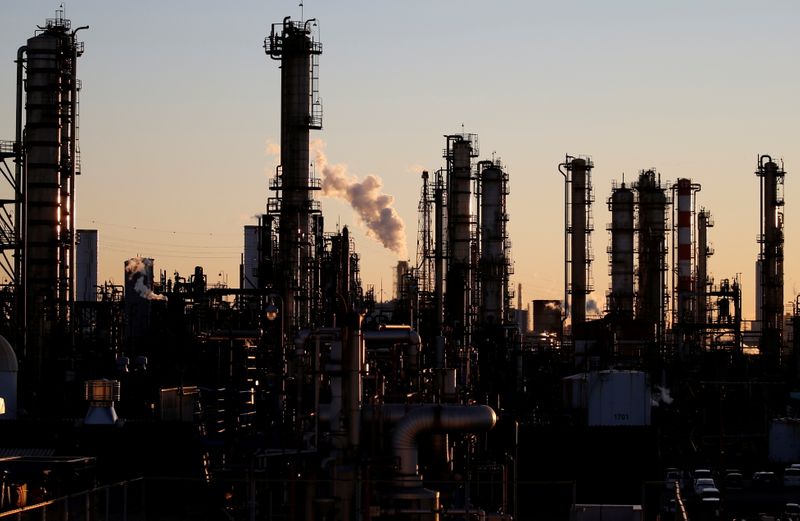By Daniel Leussink
TOKYO (Reuters) -Japan's industrial output posted the biggest monthly drop in a year in May, as a sharp fall in car production threatened to undermine the country's economic recovery just weeks before Tokyo is set to host the Olympic Games.
The world's third-largest economy will likely grow at a much slower pace than initially thought in the current quarter in part due to weakness in consumer spending, a poll by economists showed this month.
Factory output slumped 5.9% in May from the previous month, official data showed on Wednesday, hit by declines in the manufacturing of cars and production machinery to post its largest monthly drop since May last year.
The contraction, which was the first drop in three months, was much weaker than a 2.4% fall forecast in a Reuters poll of economists. It followed a 2.9% gain in the previous month.
Output was weighed by a 19.4% drop in motor vehicle production, largely due to supply issues with semiconductor chips, the Ministry of Economy, Trade and Industry (METI) said.
The car industry has a big impact on Japan's overall economy. Manufacturers of intermediate goods, such as tires and electrical lighting of passenger cars, are taking a hit from declines in motor vehicle production.
"The service sector was impacted by a state of emergency. If output comes in negative in the second quarter, the economy will be pushed down considerably," said Ayako Sera, market strategist at Sumitomo Mitsui (NYSE:SMFG) Trust Bank.
"There's a possibility the economy will see negative growth," she said, adding that may show Japan as a laggard in its coronavirus recovery compared to other major global economies.
Manufacturers said they expected output to rebound 9.1% in June and drop 1.4% in July, though those forecasts may not fully take the global semiconductor supply issue into account, a trade ministry official said.
The worse-than-expected output data comes weeks before the start of the Tokyo Summer Olympics on July 23, which were already delayed by a year.
A successful staging of the Games may help boost confidence among the Japanese public, which could stimulate household consumption and broader demand conditions at home.
Separate figures on Tuesday showed retail sales rose for a third straight month in May, but failed to dispel worries that the economic recovery will take time to gather steam as COVID-19-linked pressures remained.

Japan's economy slipped into contraction in the first quarter as a late vaccine rollout and emergency measures put in place to stem a rise in infections have taken a toll on domestic demand, throwing into doubt the country's economic outlook.
Despite those setbacks, Economy Minister Yasutoshi Nishimura expects the economy to return to pre-coronavirus levels in the current fiscal year, which runs through March 2022.